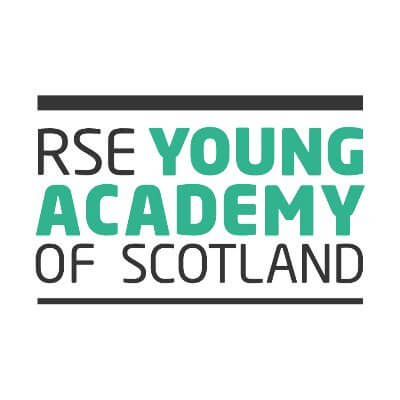An academy is an institution for higher learning. The term traces its roots to the ancient Greek school of philosophy, founded by Plato in 385 BC. It was situated north of Athens, at the sanctuary of the goddess Athena. Since then, academies have been an important part of education and society.
academies
Academies have the potential to improve a school’s performance in many ways. They can attract better teaching staff thanks to their higher salaries and have more flexibility in terms of curriculum. Teachers can deviate from the national curriculum and tailor lessons to the needs of each class. They can also work with other academies to improve standards.
Academies come in many different forms, including University Technical Colleges, Free Schools, and Community Partnerships. These institutions aim to provide a range of training in ICT, business, and technical subjects. Many of these academies are sponsored by local businesses. The idea is to provide students with skills in high demand locally.
Academies in England
Academies are now one of the most common forms of public schooling, with more than 1,000 schools in the country. They were first introduced under the Labour Government and have since become a defining feature of school policy. The previous government justified the introduction of academies by arguing that they helped raise attainment and improved standards across the educational sector. However, a rapid expansion of academies has led to several problems. These include financial problems and lapses in standards, with the number of academies rising from less than 200 in May 2010 to more than 4,500 by March 2015.
The first step in transforming a school into an Academy is to seek government funding. Numerous grants are available, including initial grants to test the feasibility of establishing an academy. There are also capital grants for building costs and funding provisions to help with running costs once the academy is up and running. The government has also clarified that becoming an academy should not hurt the financial stability of a school. Academies receive the same amount of funding per pupil as maintained schools. However, they are subject to strict financial rules that must be adhered to.
Academies in Scotland
Academies are a distinctive characteristic of Scotland. While academies in the United States are often considered military schools, this is not the case in Scotland. Academies in Scotland offer a broad array of educational opportunities for students. Some are tuition-free, while others are private fee-paying schools.
The earliest academies in Scotland were private secondary schools founded during the 19th century. These academies served children from working-class families and offered primary and secondary education. However, they differed from their English counterparts, which were private schools that evolved into secondary schools during the 18th century. While many Scottish academies are still private, others have been incorporated into the state education system.
The RSE has worked to establish the Young Academy of Scotland (YAS) in 2011 as a platform for young professionals from various sectors to address complex issues. YAS is part of an international network of Young Academies and regularly engages with sister academies.
academies in Wales
Academies in Wales aren’t all about quantity; they’re about quality. Quality starts with the training and games program and extends to the academy structure, staff and facilities. A comprehensive system ensures that state schools follow the same rules. Wales has four regional education consortia. However, Wales is not likely to follow the English model.
The new UEFA training compensation rulings will help boost Wales’ Academy systems. This new system will allow Welsh Premier League clubs to employ full-time academy coaches. This will help Welsh clubs develop their youth structures and top young talent. The clubs implementing this ruling must also show full support for their academy’s growth.
In 2014, the OECD published a major report on Wales’ education system. The report reflected the nation’s commitment to education, focusing on inclusive, world-class classroom teaching. It also implemented the Schools Challenge Cymru and Donaldson curriculum. The country’s highest GCSE results demonstrate this progress.
academies in Northern Ireland
A range of Academies in Northern Ireland offers courses in various disciplines. These courses provide young people with industry-standard training and exposure from filmmaking to animation to game development. The Academies are run by the Department for Communities through Northern Ireland Screen and are delivered in three Creative Learning Centres in Belfast. The BFI Screen Academy runs from September to December, while the Animation, Games, and VFX Screen Academies run between January and March. The Production Design and Construction Academy is delivered flexibly to accommodate local industry needs.
The six further education colleges in Northern Ireland operate from over 40 campuses and 400 outreach community locations. These colleges’ curricula range from GCSE to A levels, BTECs to HNCs, and Apprenticeships to Degrees. They are important in upskilling and raising the region’s literacy levels.




Average Rating